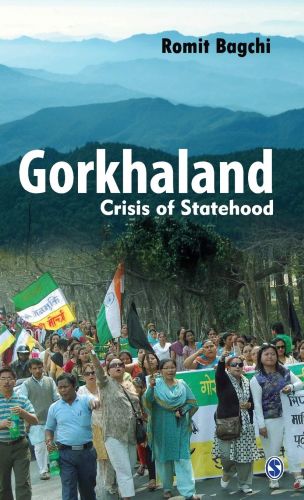
Romit Bagchi’s “Gorkhaland: Crisis of Statehood” intricately navigates the multifaceted landscape of Darjeeling’s statehood demand, providing a meticulous analysis of the Nepali-speaking community’s pursuit of recognition and autonomy.
Genesis
The genesis of the call for Gorkhaland as a separate state traces back over a century, rooted in the distinctive cultural identity and socio-economic conditions that distinguish Darjeeling from the rest of West Bengal. Bagchi contextualizes this enduring struggle by offering a historical backdrop, unraveling its complexities and evolutionary trajectory.
Employing his journalistic background, Bagchi employs a journalistic lens to dissect the ongoing crisis. While a comprehensive understanding of the region’s society, culture, and topography is desirable, Bagchi compensates by diligently consulting diverse primary and secondary sources, striving to present a balanced perspective that captures the issue’s multifaceted nature.
Book content
Structured into four chapters, Bagchi’s book meticulously dissects various facets of the statehood demand. The exploration of the historical roots of the Gorkhaland demand, including the influence of the “Nepal factor” on the aspirations of the Nepali-speaking community, forms a significant part of the narrative. Bagchi delves into the rise of Subash Ghising as a central figure in the movement, analysing his strategies and impact during its formative stages. Additionally, Bagchi elucidates the pivotal role of the Gorkha Janamukti Morcha (GJMM), under the leadership of Bimal Gurung, in advancing the statehood cause. The final chapter scrutinizes the obstacles encountered by the GJMM, such as political alliances and opposition, while also reflecting on the implications of the alliance between GJMM and the Bharatiya Janata Party (BJP).
Bagchi’s endeavour to delve into the psyche of the Gorkha community residing in the hills aims to challenge prevalent stereotypes, thereby humanizing the struggle and emphasizing the community’s aspirations beyond political rhetoric. While Bagchi’s journalistic approach offers valuable insights, there exist opportunities for further exploration, particularly concerning deeper research into the “Nepal factor” and the repercussions of the GJMM-BJP alliance.
Conclusion
“Gorkhaland: Crisis of Statehood” presents a compelling exploration of Darjeeling’s intricate struggle for statehood, shedding light on the aspirations, challenges, and identity of the Gorkha community. Bagchi’s work serves as a significant contribution to understanding the socio-political dynamics of the region, urging readers to delve deeper into the complexities of this enduring quest for autonomy and recognition.
If you like what we are doing, consider buying from this link. This is an affliate link. Income generated from such sell is used to run this website.

 Purchase hardcopy
Purchase hardcopy


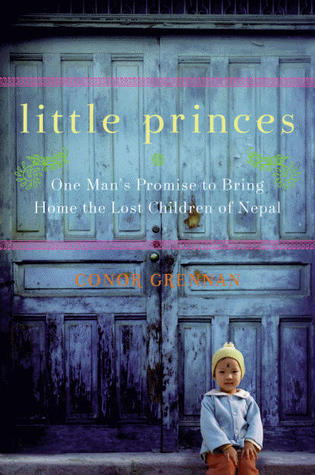
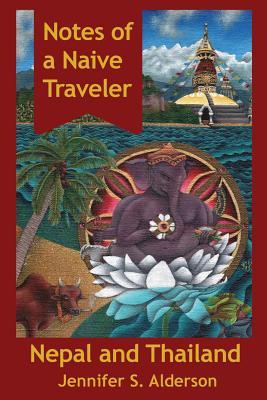
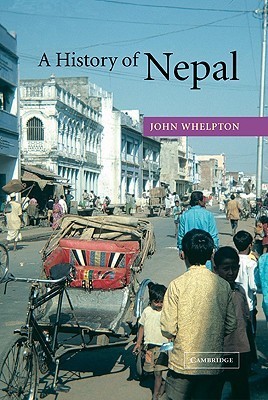
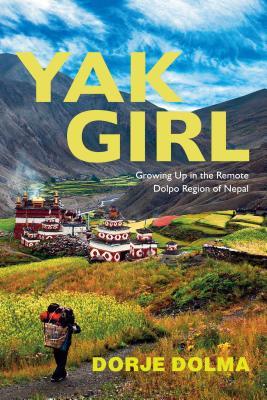
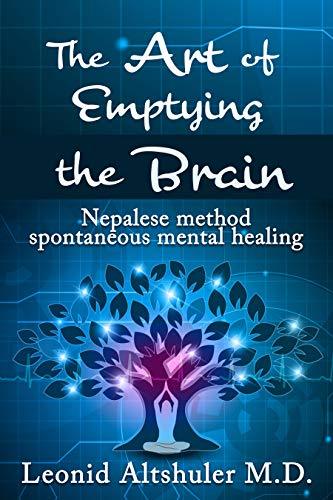

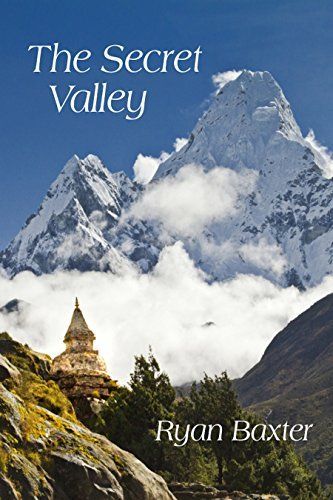
तपाईको बिचार
पहिलो कमेन्ट गर्नुहोस्!